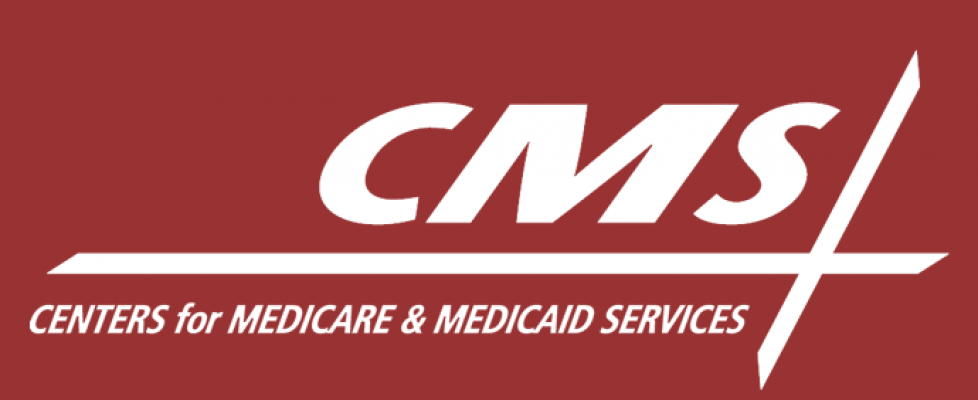CMS Shifting Home Health to Value-Based Payments Under New Model
The finalized Patient-Driven Groupings Model will transition home health agencies to more of a value-based payment system by 2020, CMS announced.
– CMS recently finalized a new value-based payment system for home health agencies that would move Medicare reimbursement away from the volume of therapy delivered.
Medicare will start to reimburse home health agencies under the Patient-Driven Groupings Model (PDGM) in the Home Health Prospective Payment System (HH PPS) by January 2020. The reimbursement model will pay the agencies based on patient characteristics rather than the number of therapy visits.
“The PDGM removes the current incentive to over-provide therapy, and instead, is designed to reflect CMS focus on relying more heavily on clinical characteristics and other patient information to allow payments to more closely reflect patients’ needs,” CMS stated in a fact sheet on the rule.
“Using patient characteristics to place home health periods of care into meaningful payment categories is more consistent with how home health clinicians differentiate between home health patients in order to provide needed services,” the federal agency continued. “The improved structure of this case-mix system would move Medicare towards a more value-based payment system that puts the unique care needs of the patient first while also reducing the administrative burden associated with the HH PPS.”
Shifting the Medicare reimbursement system to value-based payments will also save home health agencies (HHAs), CMS added.
“Changes in data collection under the new case-mix system, coupled with the changes below regarding meaningful measures and the Home Health Quality Reporting Program, will reduce burden for HHAs by approximately $60 million annually, beginning in CY 2020,” the fact sheet stated.
CMS will also update the home health reimbursement by paying for innovation.
The final rule on the 2019 HH PPS will also allow home health agencies to report the cost of remote patient monitoring as allowable costs on the Medicare cost report form.
“This is expected to help foster the adoption of emerging technologies by home health agencies and result in more effective care planning, as data are shared among patients, their caregivers and their providers,” CMS explained in the fact sheet. “The use of such technology can allow for greater patient independence and empowerment. Supporting patients in sharing their data will advance the MyHealthEData initiative, led by Jared Kushner and the White House Office of American Innovation.”
Other changes to the HHS PPS included in the final rule from CMS included:
- 2.2 percent, or $420 million, increase in home health Medicare reimbursement in CY 2019
- Implementation of temporary transitional payments for home infusion therapy services for CYs 2019 and 2020
- Establishment of health and safety standards for qualified home infusion therapy suppliers of the new permanent home infusion therapy service benefit
- Removal of the requirement that certified physicians estimate how much longer home health services are needed when recertifying the need for continued home health care
- Elimination of seven Home Health Quality Reporting Program measure
CMS pointed out that the removal of the recertification requirement should save physicians $14.2 million each year and allow providers to spend more time with patients rather than on paperwork.
The elimination of seven quality measures from the Home Health Quality Reporting Program should also reduce costs for home health agencies by $60 million annually starting in CY 2020.
“This home health final rule focuses on patient needs and not on the volume of care,” CMS Administrator Seema Verma stated in an official press release. “This rule also innovates and modernizes home health care by allowing remote patient monitoring. We are also proud to offer new home infusion therapy services.”
“Using new technology and reducing unnecessary reporting measures for certifying physicians will result in an annual cost savings and provide home health agencies (HHAs) and doctors what they need to give patients a personalized treatment plan that will result in better health outcomes,” she said.

